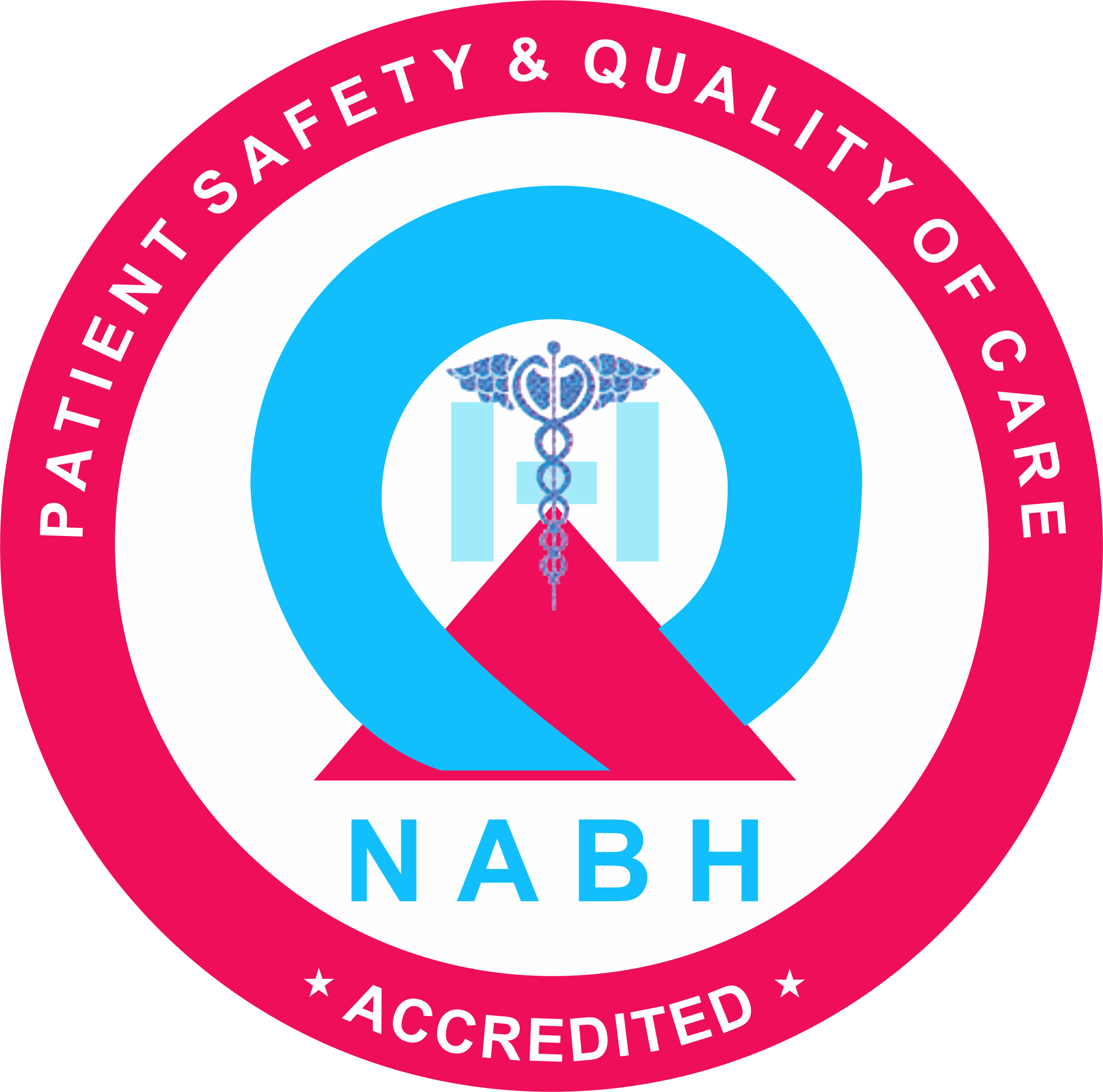


One of the most noticeable symptoms of lymphoma is swollen lymph nodes. These are often painless and can appear in areas such as the neck, armpits, or groin. While swollen lymph nodes can be a sign of other illnesses, persistent swelling without an obvious cause should be evaluated by a healthcare professional.
Other lymphoma symptoms include unexplained weight loss, fever, night sweats, and fatigue. You might also experience itching, especially after drinking alcohol, or find yourself with persistent coughs or shortness of breath if the lymphoma affects the chest area. These symptoms can often be mistaken for less serious conditions, making early detection more challenging.
In addition to swollen lymph nodes, other cancer signs to be aware of include abdominal pain or swelling, as lymphoma can sometimes cause organs like the spleen or liver to enlarge. Some individuals might experience a loss of appetite or a feeling of fullness after eating only a small amount of food.
If you notice any of these symptoms persisting over time, it’s important to seek medical advice. Your healthcare provider may recommend blood tests, imaging scans, or a biopsy of the affected lymph node to confirm the diagnosis of lymphatic cancer.
Early detection of lymphoma is crucial because it allows for prompt treatment, which can lead to better outcomes. Being aware of the symptoms of lymphoma and recognizing the early cancer signs can help in catching the disease in its initial stages. Regular check-ups and communicating any unusual symptoms to your doctor can make a significant difference in your overall prognosis.
Lymphoma can present itself in various ways, but the key to managing this disease effectively lies in recognizing the symptoms early. If you experience swollen lymph nodes or other persistent lymphoma symptoms, don’t hesitate to consult your doctor. Early detection and timely intervention are essential steps in successfully treating lymphatic cancer. Stay informed, and take proactive measures to protect your health.

4 /120-F, PandikovilRing Road,
Airport – Mattuthavani Ring Rd,
Madurai
Tamilnadu – 625107.